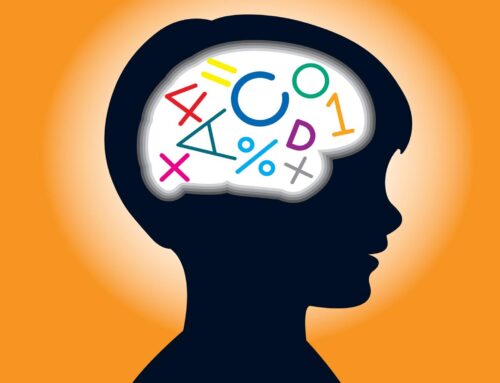By Sarah E. O’Brien
Pause. Put down the flashcards and close the educational apps. These resources, while valuable, are not the only means to foster your child’s cognitive development.
What could be more effective than content learning, you ask?
“Play,” as early childhood researcher Megan McClelland states, “is one of the most cognitively stimulating things a child can do.” Play teaches children both how to learn and how to adapt their understanding of rules to incorporate new knowledge. In the preschool years, play offers something that memorization alone cannot: the foundation for learning in the years to follow.
Games like “Simon Says” and “Red Light, Green Light” allow children to build and sustain focused attention, self-regulate their behaviors, activate working memory to retain and recall rules, and engage in cognitive flexibility to make sense of changes to these rules. These processes, known collectively as executive functions, extend to planning and organization, and are predictive of long-term success in school.
To investigate this link between play and academic achievement, a group of researchers conducted a study following 430 children from preschool to age 25. They found that individuals who demonstrated focused attention and high rates of task completion as preschoolers were more likely to have completed college by age 25. Similarly, other studies have shown that movement and rule-based games can positively impact reading and math scores and levels of self-control among preschoolers over the course of one school year.
Wondering how you can bolster your child’s executive functions through play? Begin with a simple game and add more complex rules as it progresses. For example, you can start with mirroring movements (like in “Simon Says”), then add rule reversals or exceptions. Your child will use the same cognitive processes in this game that will prove beneficial in later life.
Ready to apply these findings? Green light.
Interested in booking an appointment with Georgetown Psychology Associates for your child? Contact us for more information.



